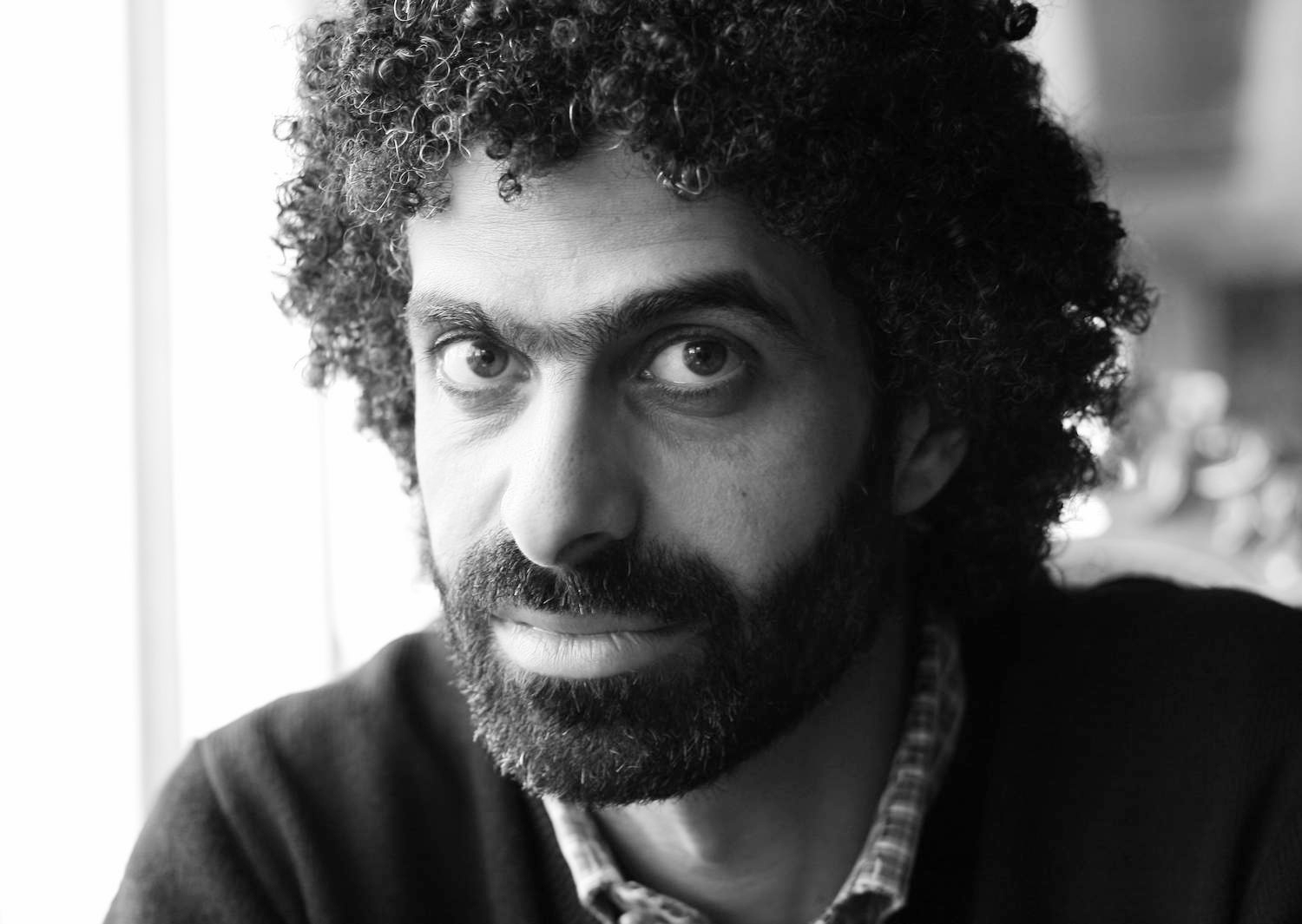Israel and the United States have perfected, almost to a science, the management of international players who dare to intervene in trying to advance peace in the Middle East between Palestinians and Israelis. The most recent political configuration to serve this purpose is the “Quartet on the Middle East”, better known as just “the Quartet”, a self-appointed foursome of nations and international and supranational entities involved in mediating the peace process in the Israeli-Palestinian conflict.
The Quartet is comprised of the United Nations, United States, European Union and Russia. The group was established in Madrid in 2002. Given that the United States dominates the Quartet, one does not need to be a political scientist to conclude that the entire setup merely serves as a facade for continued American unwillingness to uphold its legal obligations, under international law, to hold its strategic ally, Israel, accountable for maintaining an unlawful four-decade military occupation of Palestinians.
In the opening paragraph of their first joint statement in Madrid on April 10, 2002, the Quartet members stated that, “We reviewed the escalating confrontation in the Middle East and agreed to coordinate our actions to resolve the current crisis.” Note the timing of their actions and their focus. The Quartet emerged in an attempt to negotiate a ceasefire between then-Palestine Liberation Organization Chairman Yasser Arafat and Israel, the occupying power, who at the time had re-invaded all Palestinian cities and surrounded Arafat’s Ramallah headquarters with tanks. Also interestingly, their scope of work — as defined in their own statement — was aimed to “resolve the current crisis” and not necessarily bring about a lasting peace among the parties, even as the same statement paid lip-service to a supposed peace process that would lead to the end of the conflict.
This poor excuse for a balancing act between maintaining an Israeli security agenda while assuming to advance peace has been the mantra that the Quartet has become known for. Fast forward to the Quartet’s most recent statement, issued on September 23, 2011, the same day Palestinian leader Mahmoud Abbas submitted an application to the secretary general of the United Nations for full membership for Palestine. In this statement, the Quartet called for “an agreement within a time frame agreed to by the parties, but not longer than the end of 2012”. What they have failed to advance, one iota, for over more than nine years, they now want to do in a single year, utterly ignoring that their repeated failures, purposeful or not, have caused serious damage on the ground: they have allowed for not only the total collapse of any serious resemblance of a peace process, but more importantly allowed Israel to continue building more facts on the ground, such as tripling the Jewish-only settlement enterprise in the West Bank, as well as building the internationally-condemned Separation Wall cutting deep into Palestinian lands and communities. This is not to mention the Quartet turning a blind eye to the ongoing onslaught by Israel on Gaza and continued siege of the Gaza Strip.
As if the Quartet itself was not enough, the group has created another layer of the facade of being genuine mediators by creating the Office of the Quartet and appointing high-profile envoys to this office. The current envoy is the United Kingdom’s ex-prime minister Tony Blair, who succeeded James Wolfensohn, the former president of the World Bank who resigned from his post at the Quartet in disgust with American hegemony and unwillingness to allow the Quartet to play a real role in making peace.
Much has been reported about the office of the Quartet representative and its style of leadership, but this is all a sideshow. The core of the matter is political, not personal. Regardless of who the special envoy is, the parties to the Quartet are political and have a political role to play. They cannot shed their political responsibility — and legal one, too — by laying blame on the envoy.
In an extended interview with Haaretz more than a year after he resigned from his 11-month ordeal as Quartet special envoy, James Wolfensohn said it best: “I feel that if anything, I was stupid for not reading the small print. I was never given the mandate to negotiate the peace.” Haaretz noted in reporting the interview that, “The mandate he received, he says — which is identical to the one Tony Blair has now been given — was solely to try to improve the economic situation in the territories and to improve the Palestinians’ situation in general, whereas he naively thought that this included intervention to advance peace.”
Sadly, it is not surprising that the nation states represented in the Quartet would play along with this sham. What is unacceptable is that the United Nations itself, the body tasked with holding nations accountable for their actions, would accept to play along. The history of the Israeli-Palestinian conflict will reveal much more than how the Holy Land was torn apart; it will also feature how the Palestinians’ struggle for freedom and independence became the Achilles’ heel of an international system of governance that has become broken beyond repair.
Sam Bahour is a Ramallah-based management consultant. This commentary is published by DAILY NEWS EGYPT in collaboration with bitterlemons.org.


